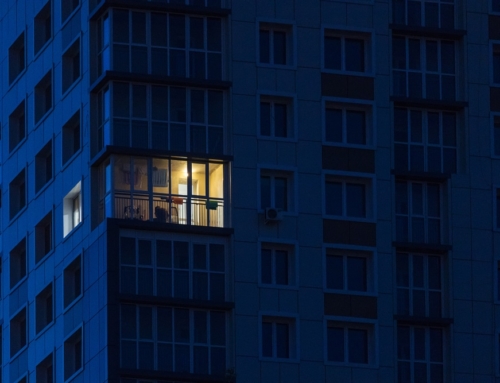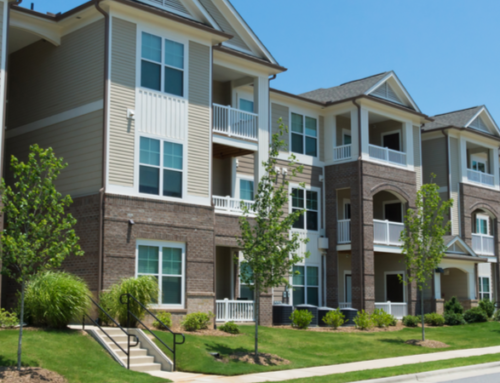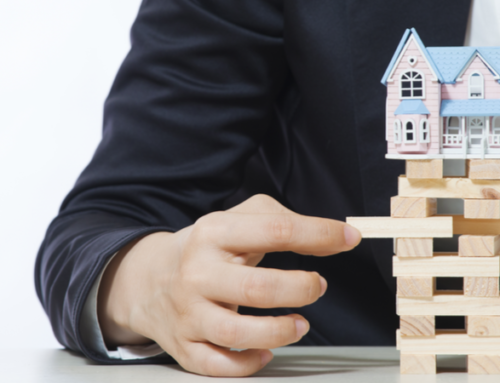In the movie, The Money Pit, Tom Hanks ends up throwing his life savings, not to mention his sanity, into renovating his home.
Maintaining your house can be costly if you buy a home with years of deferred maintenance. The problem is, most first-time home buyers don’t even think about how expensive a house will be to maintain before they purchase it. Lack of planning can mean an expensive bill just when you’re getting used to making your first mortgage payment.
While it’s relatively easy to calculate the cost of owning your home, it’s more difficult to identify how costly it will be to maintain your new home. That’s because maintenance costs vary, that is, they change from season to season and year to year. Your fixed costs are the principal and interest you’ll pay on your mortgage, your real estate taxes, and your homeowner’s insurance premium, known as PITI in the real estate industry.
Here’s a quick look at the basic expenses you’ll face when you own and maintain your home:
- Monthly mortgage payments of principal and interest, unless you have an interest-only loan or if you are on a bi-weekly mortgage program.
- Real estate taxes, paid annually or installments. You might also pay 1/12 of your tax bill each month along with your monthly mortgage payments if your taxes are held in escrow by your lender.
- Basic homeowner’s insurance, paid monthly with your mortgage (if you escrow your insurance and taxes) or paid annually.
- Homeowner’s (or condo, or co-op) association assessments.
- Utilities, including electricity, gas, cable, satellite, online, wireless, etc.
- Trash and garbage collection, including recycling as required by your local municipality.
- Water and sewage, which may be billed separately or together.
- Ongoing maintenance, which could include window-washing, changing filters in your air conditioning units, cleaning your furnace, clearing your gutters, chimney sweeping, lawn and yard work, snow removal, blacktopping your driveway, resealing your windows, replacing caulk in the bathrooms, and changing light bulbs.
- Occasional maintenance, including repainting the interior and exterior of your home, replacing roof shingles or the entire roof as needed, replacing carpeting or flooring, replacing appliances and other items that break, tuck-pointing brick siding, and refinishing hardwood floors.
This work doesn’t need to be done often, but will be costly when you do schedule the work.
How do you estimate how much it costs to maintain a home? The best thing to do is to start asking questions. Ask homeowners you know how much it costs them to maintain their property. How do they spend their maintenance dollars?
You might also want to hire a professional home inspector to walk through the home after your offer is accepted.
A good home inspector will spend anywhere from 90 minutes to 4 hours, depending on the size and complexity of the home, to test everything from appliances, to electrical to water pressure, as well as look for mold, gas leaks and other maintenance issues. Be sure to take a notebook and pen with you so that you can jot down important information about the structural or mechanical systems in your home.
The inspector might be able to give you a ballpark figure on what routine maintenance will cost for that particular house, as well as an estimation of the useful life left in certain mechanical systems, like the furnace or hot water heater.
Before you close on your property, ask the owner to share a list of things he or she does to maintain the property on a regular basis. You might also ask if there are any preventive maintenance chores that can be done to make sure the house continues to work well.
Maintaining your property can cost as little as a few hundred dollars a year (for a home that’s in pristine physical condition) or thousands of dollars a year for a home that has years of deferred maintenance.
If you keep your home in great shape, you’ll pay a whole lot less to maintain it over the years. That’s because small, cheap problems have a way of growing into big, very expensive problems if not taken care of quickly.
May 28, 2004.






Leave A Comment